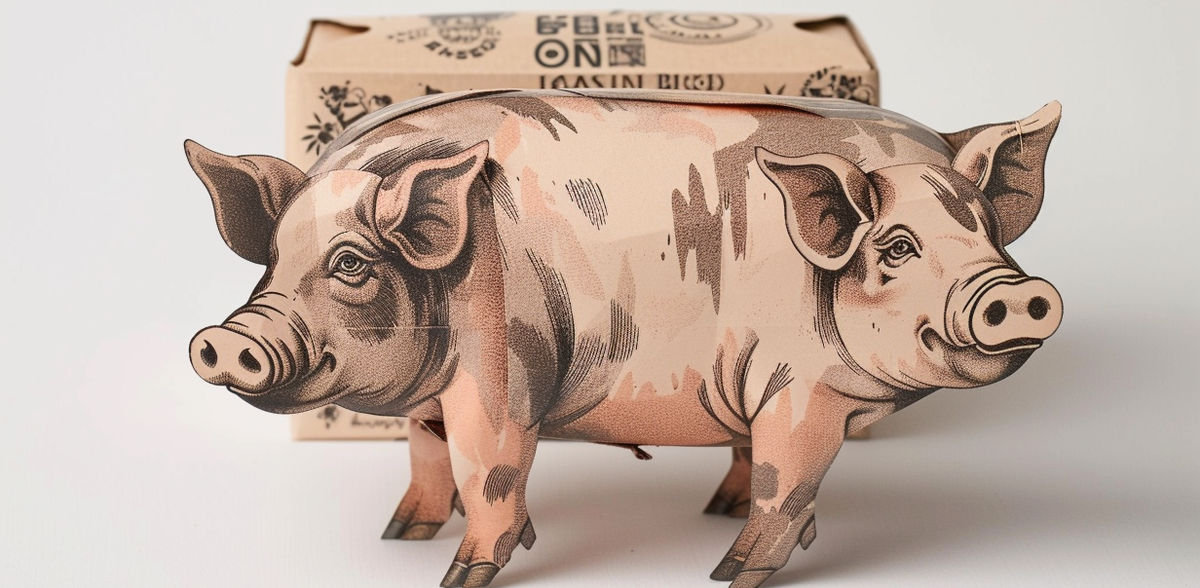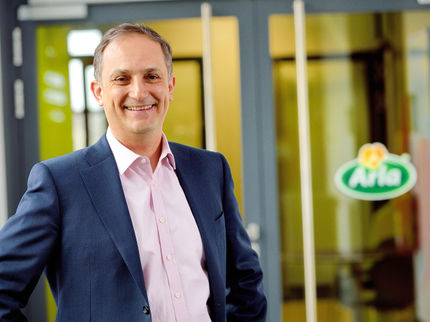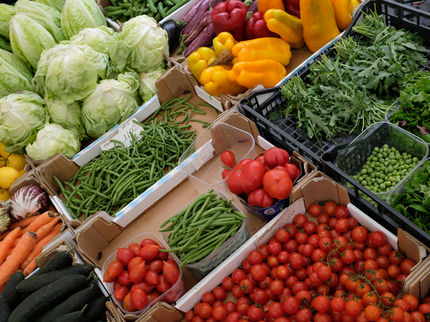Pork labelling schemes ‘not helpful’ in making informed buying choices, say researchers
Advertisement
Researchers have evaluated different types of pig farming – including woodland, organic, free range, RSPCA assured, and Red Tractor certified, to assess each systems’ impact across four areas: land use (representing biodiversity loss), greenhouse gas emissions, antibiotics use and animal welfare. Their study concludes that none of the farm types performed consistently well across all four areas – a finding that has important implications for increasingly climate conscious consumers, as well as farmers themselves.
However, there were individual farms that did perform well in all domains, including an indoor Red Tractor farm, an outdoor bred, indoor finished RSPCA assured farm and fully outdoor woodland farm. “Outliers like these show that trade-offs are not inevitable,” said lead author Dr Harriet Bartlett, Research Associate at the Smith School of Enterprise and the Environment, who was formerly at the University of Cambridge.
“Somewhat unexpectedly we found that a handful of farms perform far better than average across all four of our environmental and welfare measures,” added senior author Andrew Balmford, Professor of Conservation Science at the University of Cambridge. However, none of the current label or assurance schemes predicted which farms these would be.
“The way we classify farm types and label pork isn’t helpful for making informed decisions when it comes to buying more sustainable meat. Even more importantly, we aren’t rewarding and incentivising the best-performing farmers. Instead of focusing on farm types or practices, we need to focus on meaningful outcomes for people, the planet and the pigs – and assess, and reward farms based on these,” said Bartlett.
The findings also show that common assumptions around food labelling can be misplaced. For instance, Organic farming systems, which consumers might see as climate and environmentally friendly, have on average three times the CO2 output per kg of meat of more intensive Red Tractor or RSPCA assured systems and four times the land use. However, these same system on average use almost 90 fewer antibiotic medicines, and result in improved animal welfare compared with production from Red tractor or RSPCA assured systems.
The way we classify livestock farms must be improved, Bartlett says, because livestock production is growing rapidly, especially pork production, which has quadrupled in the past 50 years and already accounts for 9% of greenhouse gas emissions from livestock. Pig farming also uses more antibiotics than any other livestock sector, and 8.5% of all arable land.
“Our findings show that mitigating the environmental impacts of livestock farming isn’t a case of saying which farm type is the best,” said Bartlett. “There is substantial scope for improvement within types, and our current means of classification is not identifying the best farms for the planet and animals overall. Instead, we need to identify farms that successfully limit their impacts across all areas of societal concern, and understand, promote and incentivise their practises.”
The study reached its conclusions using data from 74 UK and 17 Brazilian breed-to-finish systems, each made up of 1-3 farms and representing the annual production of over 1.2 million pigs. It is published today in the journal Nature Food.
“To the best of our knowledge, our dataset covers by far the largest and most diverse sample of pig production systems examined in any single study,” said Bartlett.
James Wood, Professor of Equine and Farm Animal Science at the University of Cambridge, commented: “This important study identifies a key need to clarify what different farm labels should indicate to consumers; there is a pressing need to extend this work into other farming sectors. It also clearly demonstrates the critical importance that individual farmers play in promoting best practice across all farming systems.”
Trade-offs in the externalities of pig production are not inevitable was authored by academics at the University of Oxford, University of Cambridge and the University of São Paulo.
































































